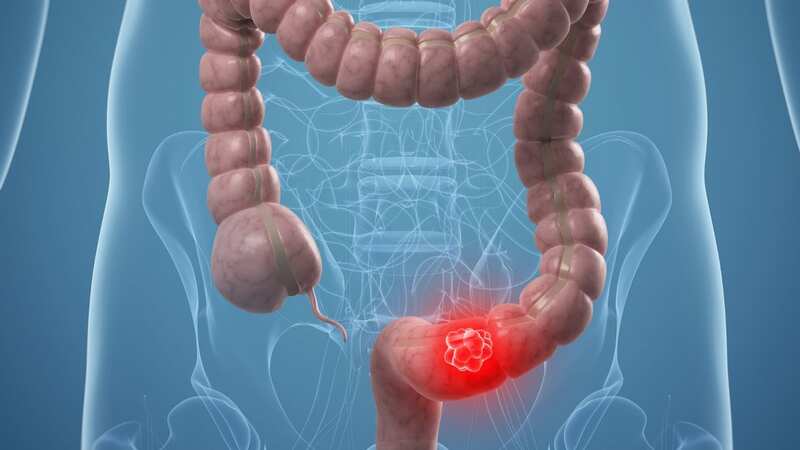'Testing twice for bowel cancer could be key to saving lives'

Now, here’s an interesting one. The detection of bowel cancer is increased to almost 100% by testing for it twice, rather than just once.
The simple faecal immunochemical test, or FIT, is used to detect blood in bowel movements that isn’t visible to the eye but may indicate the presence of bowel cancer.
Researchers at Edinburgh University improved their success rate simply by doing the test for a second time.
As well as reducing the risk of a missed diagnosis, experts say this two-test approach has the potential to reduce demand for colonoscopies in a healthcare system under pressure.
Bowel cancer is the fourth most common cancer in the UK and the second biggest cancer killer. More than 16,500 people die from the disease every year.
 Teachers, civil servants and train drivers walk out in biggest strike in decade
Teachers, civil servants and train drivers walk out in biggest strike in decade
Early detection is important as bowel cancer, like most cancers, is treatable and curable if caught early.
Many people have symptoms of bowel disease but none of them are specific for cancer of the bowel, which can lead to invasive investigations they may not need.
In practice, the existing one-test approach is used to determine who should be referred to a specialist, and then once there, to prioritise further investigation for patients whose symptoms suggest they’re at a high risk. FIT could be a valuable weapon in minimising the chance of missing patients with bowel cancer.
The Edinburgh scientists used two groups of NHS patients who had been referred urgently to the colorectal surgery unit to compare the use of one FIT test or two.
They found that doing two FIT tests detected 96.6% of bowel cancer cases correctly, whereas doing just one test only detected 84.1%.
The time left between the two tests was about 13 days.
The study also showed that one in six of patients to complete two tests had sufficient variation in their test results to change their treatment plan.
This occurred irrespective of any significant bowel conditions and highlights the benefit of repeat testing.
The study showed that patients with two negative FIT tests have a very low risk of bowel cancer (0.17%) and may not need to undergo further tests that may cause harm.
“Our study highlights how to maximise use of FIT in symptomatic patients,” said Professor Farhat Din of Edinburgh University.
 Greggs, Costa & Pret coffees have 'huge differences in caffeine', says report
Greggs, Costa & Pret coffees have 'huge differences in caffeine', says report
“Use of two FIT tests will miss less bowel cancer with a positive impact on patient care.
“Implementation of the double-FIT strategy has led to a reduction in endoscopy without adversely affecting cancer detection rates.”
Read more similar news:
Comments:
comments powered by Disqus

































